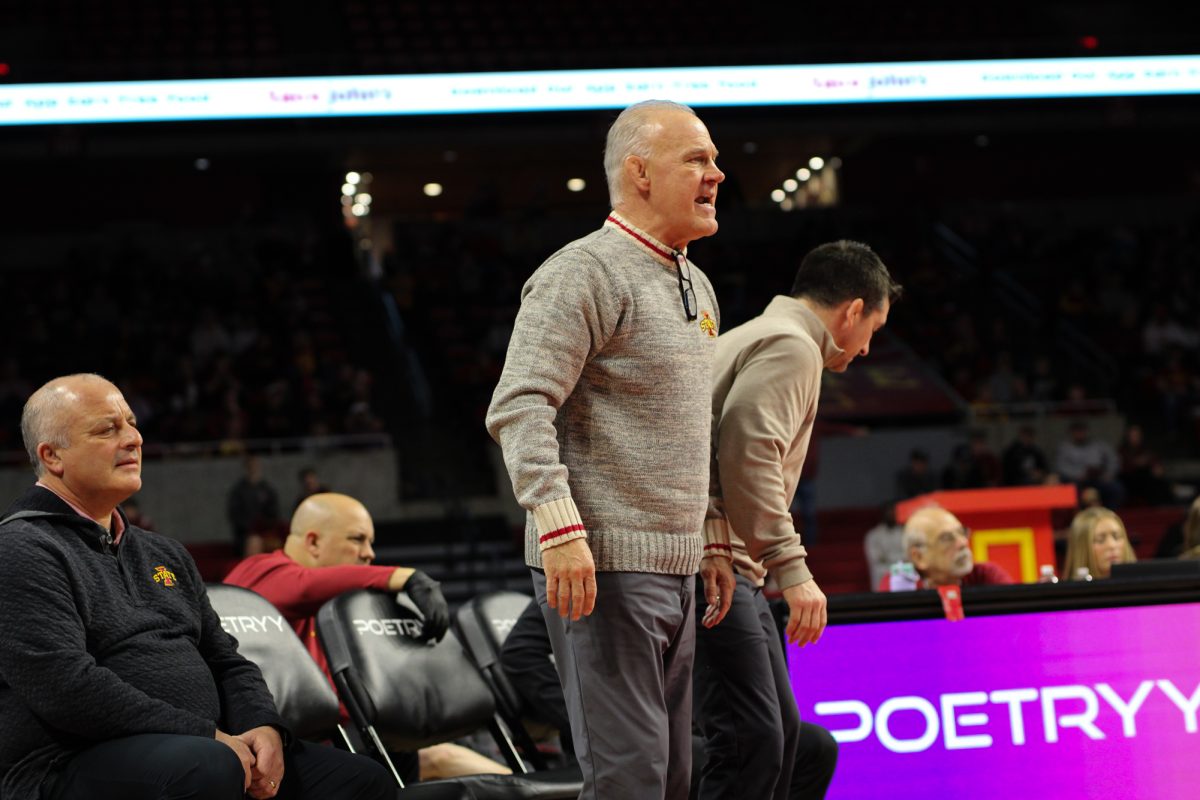Catholic Studies chair defines, defends celibacy
April 13, 2004
An expert on religious studies lectured Monday on issues related to celibacy in the Roman Catholic Church.
David G. Hunter, professor of religious studies and Monsignor James A. Supple Chair of Catholic Studies, focused on the origins, history and future of the Roman Catholic requirement for all priests to be celibate in a lecture in the Sun Room of the Memorial Union.
Hunter said the issue of celibacy has always been a controversial one in the church’s history, since the requirement became officially documented in church history in the fourth century.
“When you study the history of [celibacy], it has always been a fairly controversial requirement for priests, and it’s also clear that for long stretches of church history, there was either no requirement or it wasn’t strictly followed,” Hunter said.
Hunter said the origin of the celibacy requirement came about because many church leaders believed that priests who were sexually active during the period they carried out their holy duties tarnished the holiness of the process.
In recent decades, however, Hunter said the requirement has become increasingly important to church leadership. Hunter cited Pope John Paul II’s belief that celibacy is necessary because priests would be distracted from their duties by marriage.
Hunter said the pope has selected other like-minded church leaders who agree with his stance on the celibacy issue, leading to an increased priority on the celibacy of all Catholic priests.
Scandals in the church involving Catholic priests’ sexual abuse and pedophilia have added to the importance of the celibacy debate recently, Hunter said. He said the requirement has been increasingly questioned as a result of sexual abuse scandals that have led many to reanalyze their religion.
Hunter said the celibacy requirement cannot be blamed directly for sexual assault scandals the church has faced, though if celibacy was not required, he said he believed the extent of the sexual abuse may have been reduced.
“If the requirement is lifted, possibly more diverse backgrounds would be represented by the clergy,” Hunter said. “If married priests were more involved in the church, possibly the transferring of pedophile priests [to other parishes] wouldn’t be as extensive, because husbands who have their own children may have stopped the transfers.”
The Rev. Scott Boone, who serves at St. Thomas Aquinas Church, 2210 Lincoln Way, also said the celibacy requirement is not what has led to sexual abuse by certain priests. Mental disorders leading a small number of priests to act wrongly was the reason, he said.
Boone said the reasoning behind changing celibacy requirements in the United States today was not that it could decrease sexual deviancy by priests, but that it could result in more people becoming interested in priesthood. There is currently a shortage of Catholic priests in the country, he said.
Boone disagreed with the notion that ending the celibacy requirement would result in an increase in priests.
“I think this is an issue guided by the Holy Spirit. This issue isn’t political, so I take the stance that the Vatican takes, that the problem [involving the shortage in priests] isn’t celibacy, but is instead the lack of spirituality, moral relativism, and individualism,” Boone said. “Those people who argue against celibacy see it as a limitation, but I see celibacy as a gift.”






